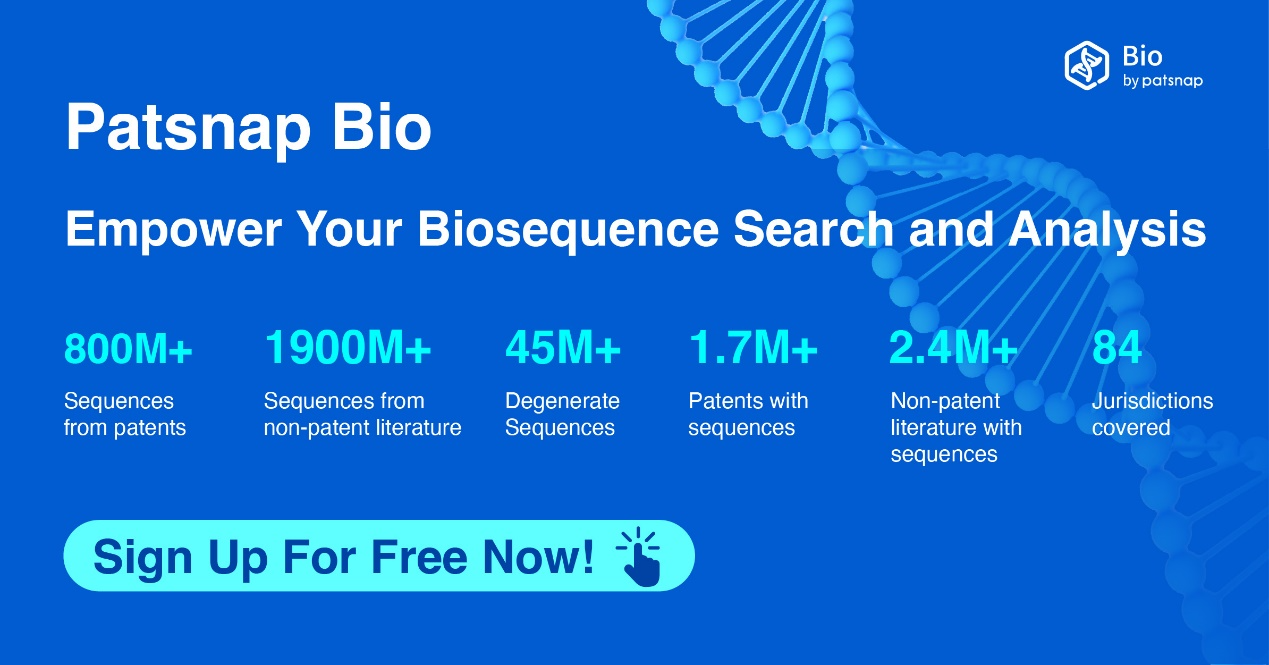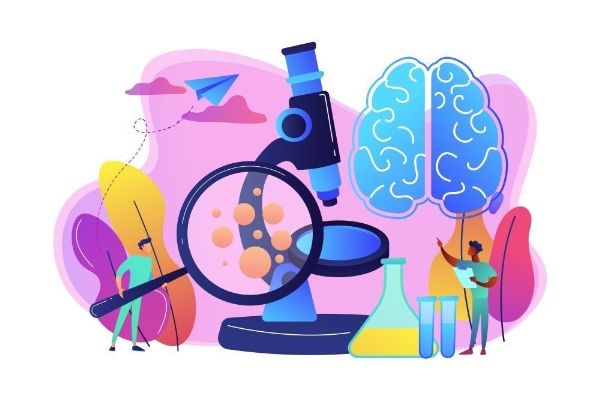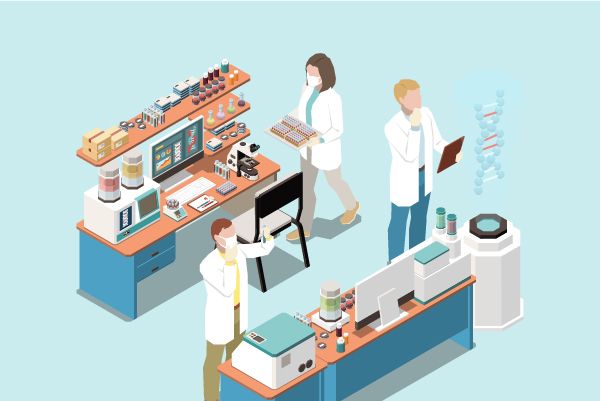Biological Glossary | What is Neoantigen?
In biology, a neoantigen refers to a novel antigen that arises from a mutation in the DNA of a normal cell. This mutation causes an alteration in the amino acid sequence of a protein, leading to the generation of a different protein structure that the immune system can recognize as foreign or "non-self."
The significance of neoantigens becomes particularly pronounced in cancer biology. Cancer cells undergo numerous DNA mutations that lead to the creation of new, abnormal proteins. These mutation-induced proteins are recognized by the body’s immune system as neoantigens because they are not found in healthy cells.
Neoantigens play a critical role in cancer immunotherapy since they are:
Tumor-specific: These antigens are unique to cancer cells and not present in normal cells, making them ideal targets for personalized immunotherapy treatments.
Immunogenic: They can stimulate a robust immune response as T cells can identify neoantigens as foreign entities, similar to how they recognize pathogens.
Involved in treatment response: The presence and burden of neoantigens within a tumor can influence the outcome and effectiveness of immunotherapy treatments such as checkpoint blockade inhibitors (e.g., anti-CTLA4, anti-PD1) and personalized cancer vaccines.
Research and therapeutic targets: The discovery and profiling of neoantigens with techniques like next-generation sequencing and RNA-seq technologies help to understand tumor immunogenicity, devise new treatment strategies, and potentially lead to the development of more effective and less toxic cancer therapies.
Overall, neoantigens are increasingly acknowledged for their potential to drive personalized cancer immunotherapy, creating optimism for more selective and efficacious treatment options that leverage the body's natural defense mechanisms.
Free registration is available for the Bio biological sequence database: https://bio-patsnap-com.libproxy1.nus.edu.sg. Act now to expedite your sequence search tasks.




